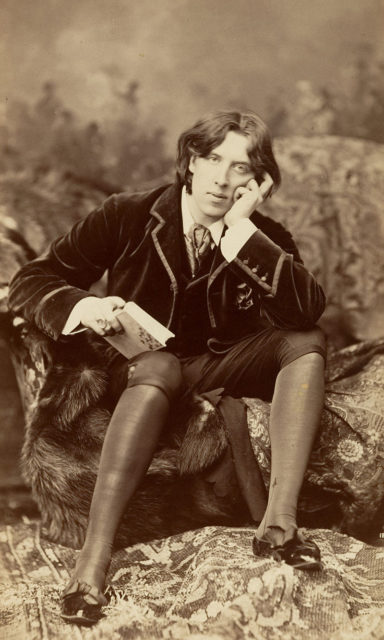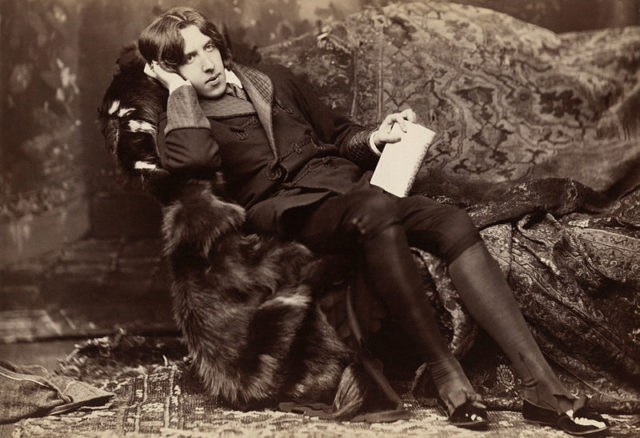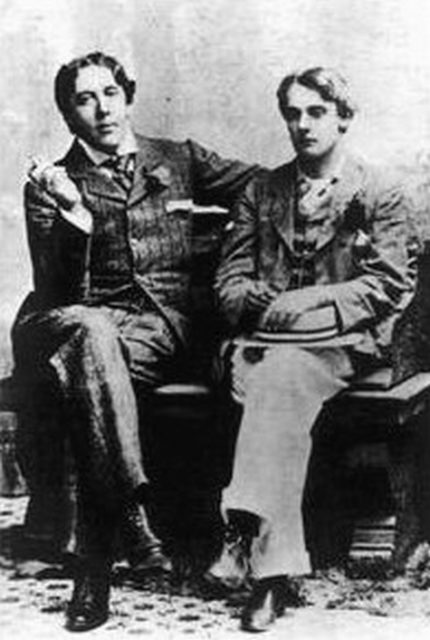Oscar Wilde is praised as one of the most influential British writers in history.
His works, including “The Picture of Dorian Gray,” “The Importance of Being Earnest,” and “A House of Pomegranates,” continue to astonish and inspire readers and artists throughout the world.
Nowadays, Wilde is not only known for his great intellectualism, erudition, and meditations on the nature of aesthetics, but also for being a historical figure who suffered severe persecution and public condemnation because of his homosexuality.

In 1891, Wilde met a young lord named Alfred Douglas, with whom he engaged in a lengthy and tumultuous relationship. Douglas introduced Wilde to the Victorian underworld of prostitution which fascinated Wilde, and he became a regular customer of many uneducated working class male prostitutes.
The Marquess of QueVisit Siteensberry, who was the father of Lord Alfred Douglas, soon discovered the intimate nature of his son’s relationship with Wilde. He was appalled and infuriated, and publicly accused Wilde of sodomy in 1895. At that time, Wilde was an incredibly successful writer and playwright who earned stellar amounts of money, and the accusations echoed throughout Britain.
Wilde was concerned because the accusations threatened his reputations, so he denied the allegations of being a homosexual and chose to sue the Marquess of Queensberry for libel. However, this turned out to be an awfully wrong move for Wilde, as Marquess of Queensberry was soon cleared of all charges and the accusations of Wilde being a homosexual became the central point of the trial.

Namely, while defending himself against libel charges, the Marquess of Queensberry provided sufficient evidence of Wilde’s homosexual activity for Wilde to be tried for sodomy and gross indecency. Wilde was pronounced guilty and convicted of two years imprisonment and forced labor.
While being imprisoned, Wilde wrote a lengthy and extremely emotional letter to his beloved, Alfred Douglas. In the letter, he nostalgically recalled their long romance and expressed fury over society’s Orthodox attitude towards homosexuality.

After he was released from prison, Wilde immediately fled to France and chose never to return to Britain again. His health rapidly deteriorated; after had he moved to France, he managed to write only a single lengthy poem, “The Ballad of Reading Gaol,” which describes the hardships and sorrows of life in prison.
After prison, Wilde deteriorated both physically and emotionally, and he died in 18900, aged 46. Despite earning a substantial sum in his years of fame, he died in poverty as another victim of historical persecution of individuals whose sexuality opposed the ideals of traditional and conservative societies.
